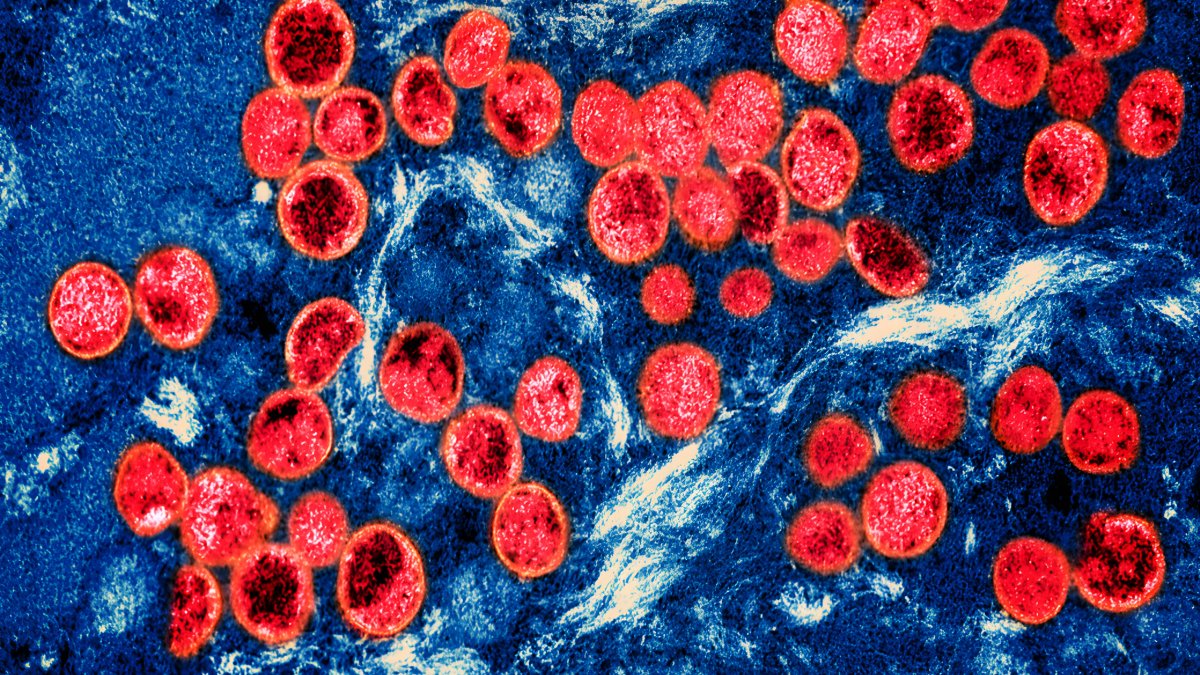The Los Angeles County Department of Public Health today reported a “concerning increase” of 10 new cases of MPOX over the past two weeks, up from a countywide average of less than two cases per week over the past few weeks.
Formerly known as monkeypox, Mpox is spread primarily through close contact with bodily fluids, wounds, shared bedding or clothing, and respiratory droplets from kissing, coughing or sneezing. Symptoms include pimple- or blister-like rashes and sores on the face, body and genitals, as well as fever, chills, headache, muscle aches and swollen lymph nodes.
Early detection, testing and vaccination are essential to curbing the spread of the disease and protecting Los Angeles County residents, health officials say.
Given the recent increase in cases, Public Health strongly encourages anyone experiencing symptoms consistent with MPOX to see a doctor and get tested.
Health officials say to reduce the risk of contracting or spreading MPOX, individuals should limit their sexual partners and refrain from sex and other intimate contact if they or their partner have a new or unexplained rash, sores, or feel unwell until they can see a health care provider.
It is also recommended to get into the habit of exchanging contact details with new partners so that you can follow up on their sexual health if necessary.
Health officials said condoms, gloves and hand washing also help prevent the spread of the disease, and warned against sharing towels, clothing, bedding, fetish items, sex toys and toothbrushes.
Vaccination is also an important tool to prevent the spread of MPOX, health officials said. Jynneos is a two-dose vaccine developed to prevent MPOX, which is most effectively prevented when given in two doses.
The vaccine is available to anyone, and health officials said individuals who fall into any of the following subgroups are strongly encouraged to get vaccinated:
Men or transgender people who have sex with men or transgender people. People of any gender or sexual orientation who have sex or intimate physical contact with others in the context of large public events, or who engage in commercial and/or transactional sex activities. People with HIV infection, especially those with uncontrolled or advanced HIV disease. The sexual partners of people belonging to any of the above.
Public Health is working with health care providers, community groups, and other stakeholders to respond to the MPOX resurgence as quickly and effectively as possible. Enhanced surveillance, contact tracing, and outbreak investigations are underway to identify potential sources of infection and prevent further spread.
Information about Public Health’s Mobile Vaccination Units and Sexual Health Clinics can be found at http://publichealth.lacounty.gov/chs/sexualhealthclinics/. Information about other walk-up vaccination clinics can be found at https://myturn.ca.gov/. For the most up-to-date information and resources, visit ph.lacounty.gov/mpox or contact the Public Health Call Center at 1-833-540-0473.

